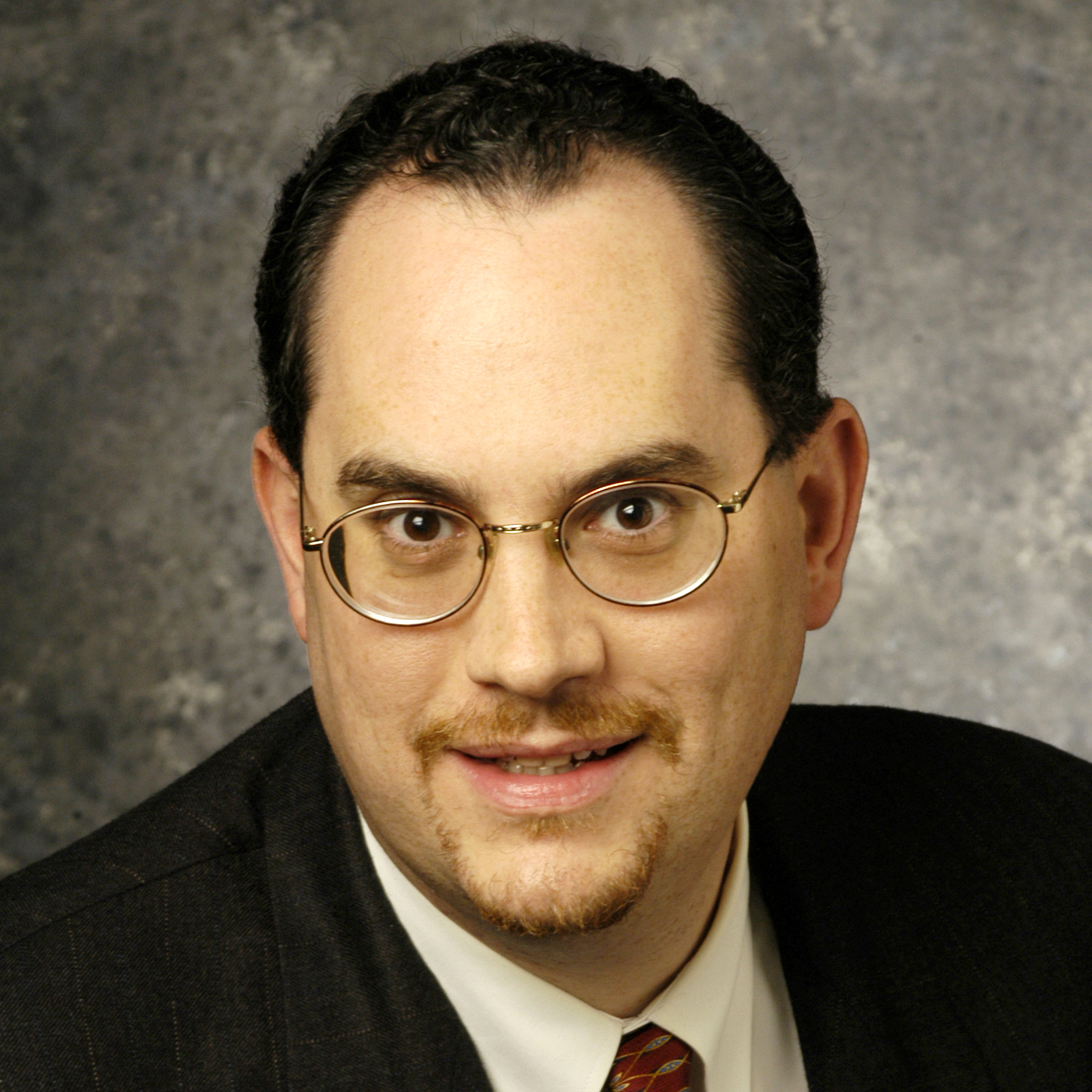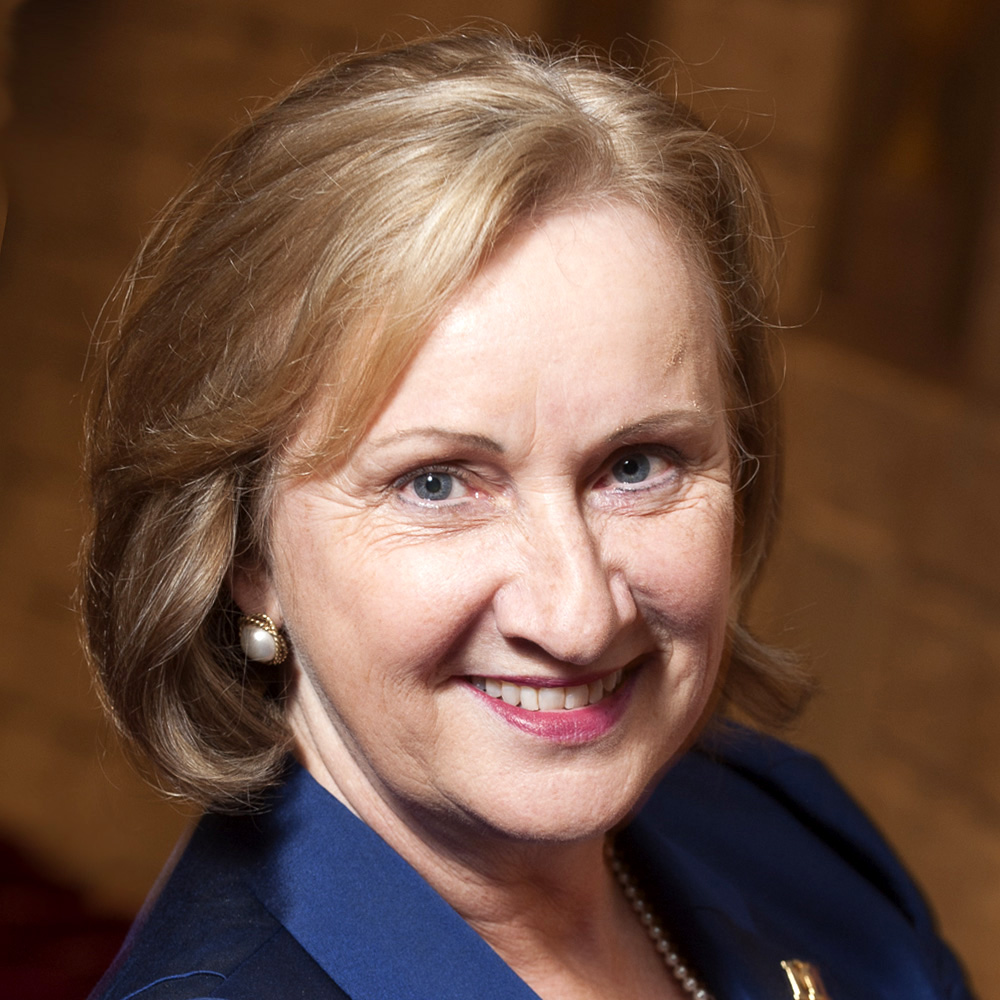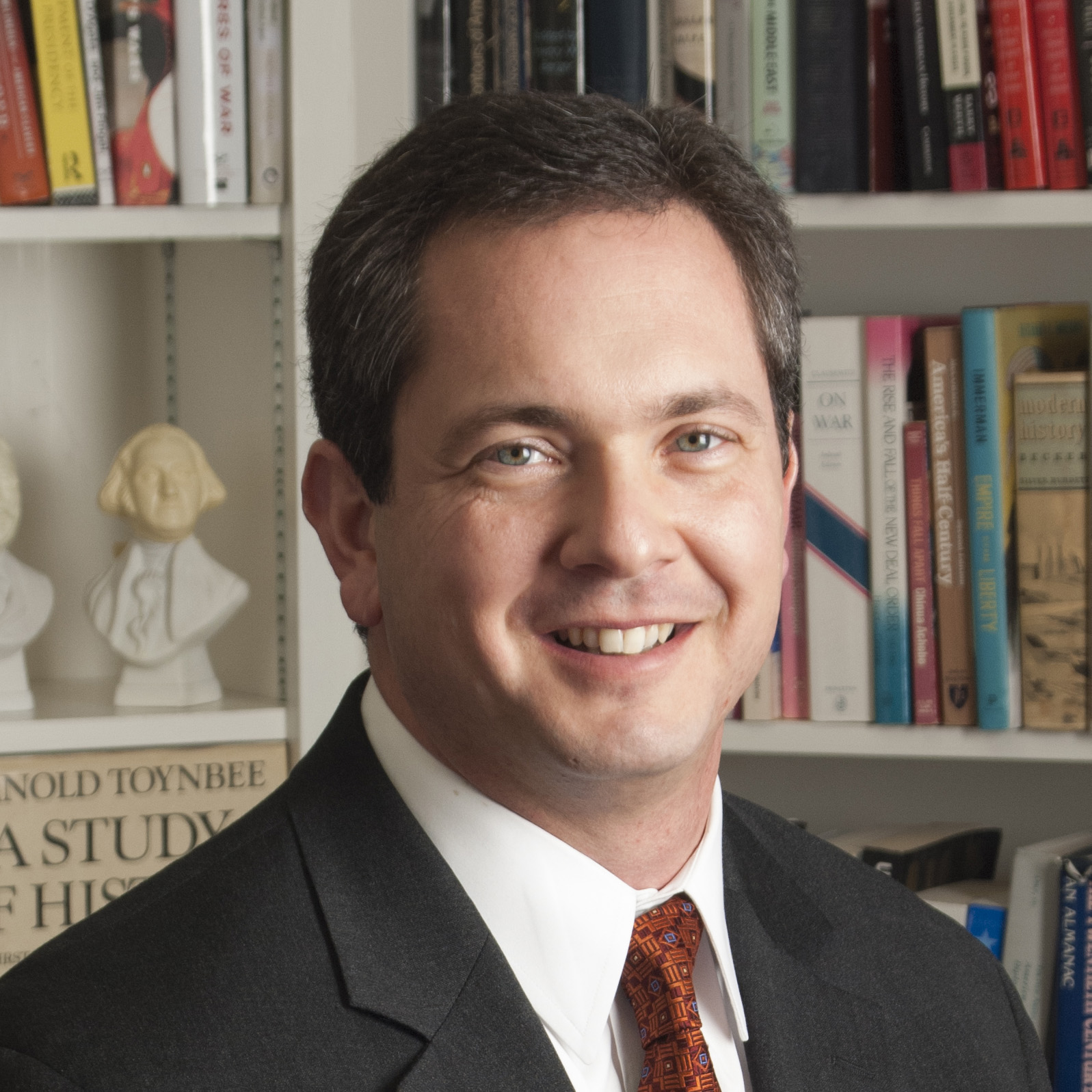Questions swirl about violence at Trump rallies
SMU experts are available for interview on all things related to primaries and caucuses as voters go to the polls in Arizona, Utah, Idaho, Alaska, Hawaii and Washington this week.
DALLAS (SMU) – SMU experts are available for interview on all things related to primaries and caucuses as voters go to the polls in Arizona, Utah, Idaho, Alaska, Hawaii and Washington this week.
| SANDERS EFFECTIVELY FINISHED; ‘ANYONE BUT TRUMP’ GAINS STEAM |
|
|
Though Bernie Sanders’ campaign took a beating last week – going 0-for-5 against Clinton in Tuesday races – the six states that hold Democratic primaries or caucuses this week are much friendlier territory for the Vermont Senator, though a rally might come too late to matter. “Sanders could pull a string of upsets, but I would consider it to be a dead-cat bounce,” Wilson says “There could be a little burst of success because of which states are voting this week – especially caucuses in Idaho, Utah, Alaska and Washington – but he doesn’t have any chance to win the nomination.” The Republican race still has three candidates in the running – Ted Cruz, John Kasich and Donald Trump – but the only name that matters, says Wilson, is Trump’s. “The election has been moving in the direction of a referendum on Trump,” Wilson says. “But we’re not purely to that point yet because Kasich wants to stick around, and that’s important because exit polls in Missouri and North Carolina – states that went to Trump last week – show Cruz would have won if it had been a straight up Trump vs. Cruz ballot.” “Cruz still isn’t getting the straight-up shot he’d liked, and that matters because a lot of upcoming states are winner-take-all, and that gives Trump the opportunity to win with 40% of the vote,” Wilson adds. “In that sense, Kasich’s continued presence is still a boon to Trump.” Wilson is an SMU associate professor of Political Science. He can discuss:
|
|
| CAMPAIGN VIOLENCE LIKELY TO GET WORSE BEFORE IT GETS BETTER |
|
|
It’s been a frequent topic of pundit conversation lately – levels of campaign protest and violence that haven’t been seen in decades. According to Kirk, the key word is “decades” and the timespan is not a coincidence. “Whenever we have a period of relative peace, we tend to forget the cost of anger put into action,” says Kirk, who has written a book on hate speech. “It means we’ll probably get more clashes. There are all kinds of psychological theories that state once violence is leashed it’s not easily brought under control, and you see that whether it’s riots in the streets in the 1960s or war protests.” Kirk also argues Trump’s protestors might not be so innocent as they proclaim. “Trump has a point when he says there is this group of professional protesters intentionally trying to stir trouble, so it’s hard to know fish from foul, who starts it and who gets engaged,” Kirk says. “But whether Trump is a provocateur of campaign violence or not, he certainly has not demonstrated the leadership that would bring that under control. And I think that’s what a lot of people are looking for – not just a candidate that expresses anger, but a candidate who channels it to do good and have a positive impact.” Kirk is SMU professor of communication studies and director of the Maguire Center for Ethics & Public Responsibility. She can discuss:
|
|
| TRUMP IS NO HITLER, BUT ANXIETIES FUELING FOLLOWERS LOOK SIMILAR |
|
|
As hostile rhetoric and reports of violence at Trump rallies increases, the question continues to be asked by the media: Is Trump an American Hitler? “I think the parallels between Trump and Hitler are tenuous at best, but the anxieties that animated Hitler’s followers – anxieties toward foreigners and other races and a desire to blame problems on others – are also seen in Trump’s followers,” Engel says. “So the two men might not be the same, but their movements might be.” Incidents of violence at campaign rallies further antagonize both sides of the debate, but Engel says the constituency it might have the biggest impact on is America’s “Great, silent majority.” “Trump has already made plain he expects his followers to act violently if he’s denied the nomination,” Engel says. “That creates a voter backlash that will keep him from the nomination, but also possibly spark one final violent outburst at the convention.” Engel is director of the SMU Center for Presidential History. He can discuss:
|
|
| PROTESTING PROTESTORS AND SANDERS’ LAST GASP |
|
|
Martin is aghast at reports of Trump supporters acting violently toward protestors at rallies, but she has little love for the protestors, either. “No matter what one’s opinion of Trump is, he has a right to speak and hold his rallies and people have the right to go and hear what he has to say,” Martin says. “Shouting down someone who has a freedom to speak amounts to a heckler’s veto. The protestor who nonviolently prevents free speech is just as unacceptable as the person who sucker punches them as they’re trying to leave a rally peacefully.” The Democratic race might be lacking the drama of its Republican counterpart, but Martin says it should still prove interesting this week. “Sanders always does well in caucuses, so I suspect him to have a good week in the Idaho, Utah, Alaska, Hawaii and Washington caucuses this week, but these states all have very few delegates up for grabs,” says Martin. She notes that each of the five aforementioned states have fewer delegates than four of the five states Clinton won last week. “I don’t expect Sanders’ wins will do a lot to change the narrative of the race,” Martin added. “The struggle for Sanders at this point is to gain very much attention in the news cycle, but with the Supreme Court and Republican shenanigans in the news and the delegate math stacked against him, I don’t see what he can do.” Martin is an SMU assistant professor of Communication Studies in the Meadows School of the Arts. She can discuss:
|
|
###
SMU Uplink Facility
SMU has an uplink facility located on campus for live TV, radio, or online interviews. To book an SMU guest in the studio, call SMU News and Communications at 214-768-7650.
SMU is a nationally ranked private university in Dallas founded 100 years ago. Today, SMU enrolls approximately 11,000 students who benefit from the academic opportunities and international reach of seven degree-granting schools.



